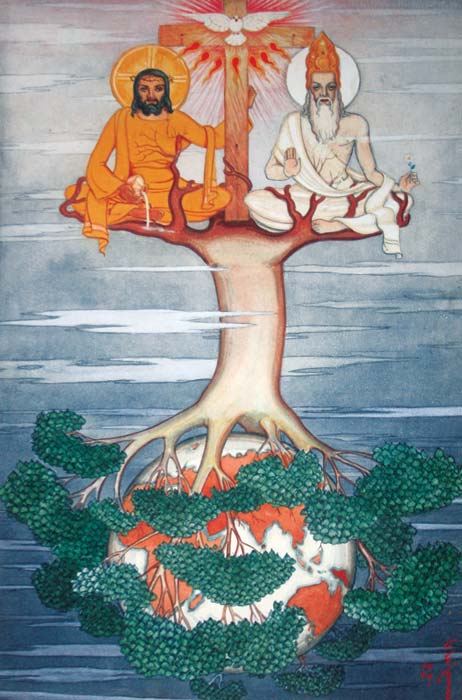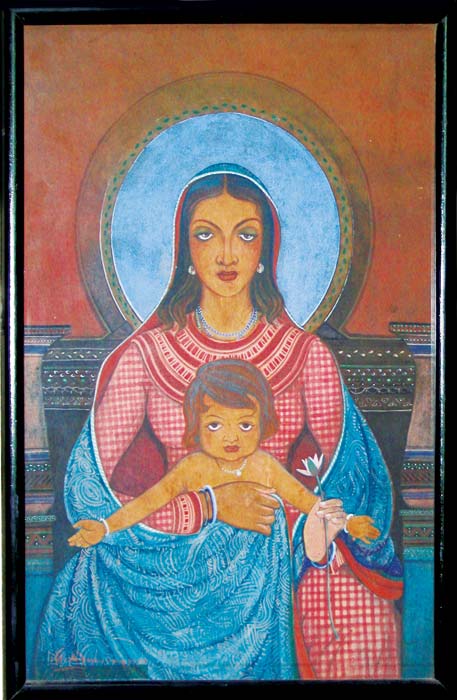Savia Viegas




Grant Period: Over one year
This grant supports former Fulbright scholar and writer Savia Viegas to study and collate the work of Goan artist Angelo Da Fonseca who gave Christian art an Indian face. Angelo Da Fonseca’s artistic work spans from 1931 to his death in 1967.
In order to understand Fonseca’s work in a larger context, Savia will look at both British and Portuguese colonialism within which the colonial subjects had a very specific relationship to the State and religion and the impact of their stance, both inclusionary and exclusionary, on an artist of Fonseca’s nature. Savia will delineate the unique trajectory of his life and art and frame it against the development of modernity in small enclaves like Goa where pre-liberalisation sensibilities were far more complex than in the rest of country and how the work of artists like Fonseca reflected this in no small measure.
Savia will study the impact of the freedom movement on Fonseca’s work, and how he imbibed the spirit of a new India while recreating a way of painting Christian religious iconography and casting the gods in new robes, which seemed unacceptable to the church. Savia will also explore the complexity and richness of Fonseca’s art outside of the religious framework within which it has so far been understood.
As part of her research, Savia will conduct exhaustive interviews with Fonseca’s wife Ivy and other family members and Jesuit priests who looked after his collections in various churches while locating, identifying and collating his scattered work. All his works will be documented in the form of digital photographs and Savia will create a detailed inventory of them. She will also publish a monograph and write two scholarly essays.
This study will be a substantive contribution to South Asian art history and will accord recognition to Fonseca’s work and possibly other regional artists who have been largely neglected and relegated to the shadows of Indian art history.
This grant was made possible with support from Francis Wacziarg and Victor Menezes.
